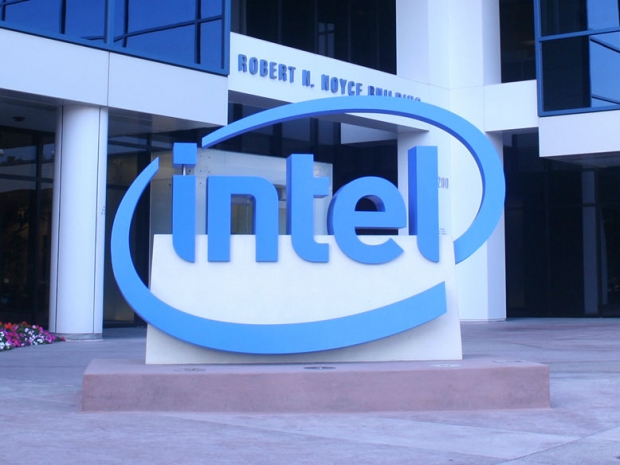In the first quarter of 2015, PC shipments dropped 5.2% year-on-year.
Intel’s bread and butter
Although it has diversified, Intel still generates most of its income from PC sales, with an estimated 95% of revenue coming from PC chips last year. During the latest shareholder meeting, Krzanich said the company does not expect any change for the better, with or without Windows 10.
Krzanich said the industry is going through another transition, caused by Windows 10, but cautioned against optimism:
“The PC market should be flat to slightly down mid single-digits over the long-term.”
He went on to explain why Intel is seemingly unfazed by soft demand for PC chips.
Tapping into new markets
Instead of focusing on reinventing the PC, Intel is going after data centres and mobile. Krzanich said data centres will be the next big growth engine for Intel, reporting that the chipmaker’s data centre business grew by 18% last year.
Mobile is the next frontier for Intel, but the company is still far from making any money on tablet and smartphone processors. Last year Intel’s mobile business reported a loss of upwards of $4 billion. Much of it was the result of contra-revenue schemes to promote and sell Bay Trail tablet processors. It worked, and Intel managed to ship 46 million units last year, but the cost was immense.
This year Intel is going after cheap phones as well, with its Atom x3 SoFIA parts. In addition to SoFIA, Intel is also introducing “proper” Atoms in the form of 14nm Atom x5 and Atom x7 processors.
However, the jury is still out on Intel’s mobile sales, analysts are divided, and the first products have yet to appear. While forecasts are all over the place, most analysts agree Intel will ship less than 50 million smartphone chips this year, seizing 2-4% of the smartphone market (depending on the projection).
In the tablet space, Intel should do somewhat better, matching last year’s 46 million units, although optimists expect the company to ship more than 50 million tablet parts by the end of the year.




